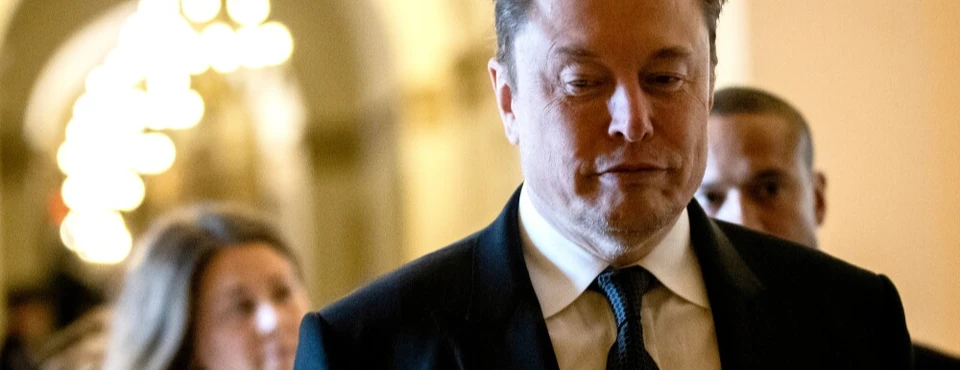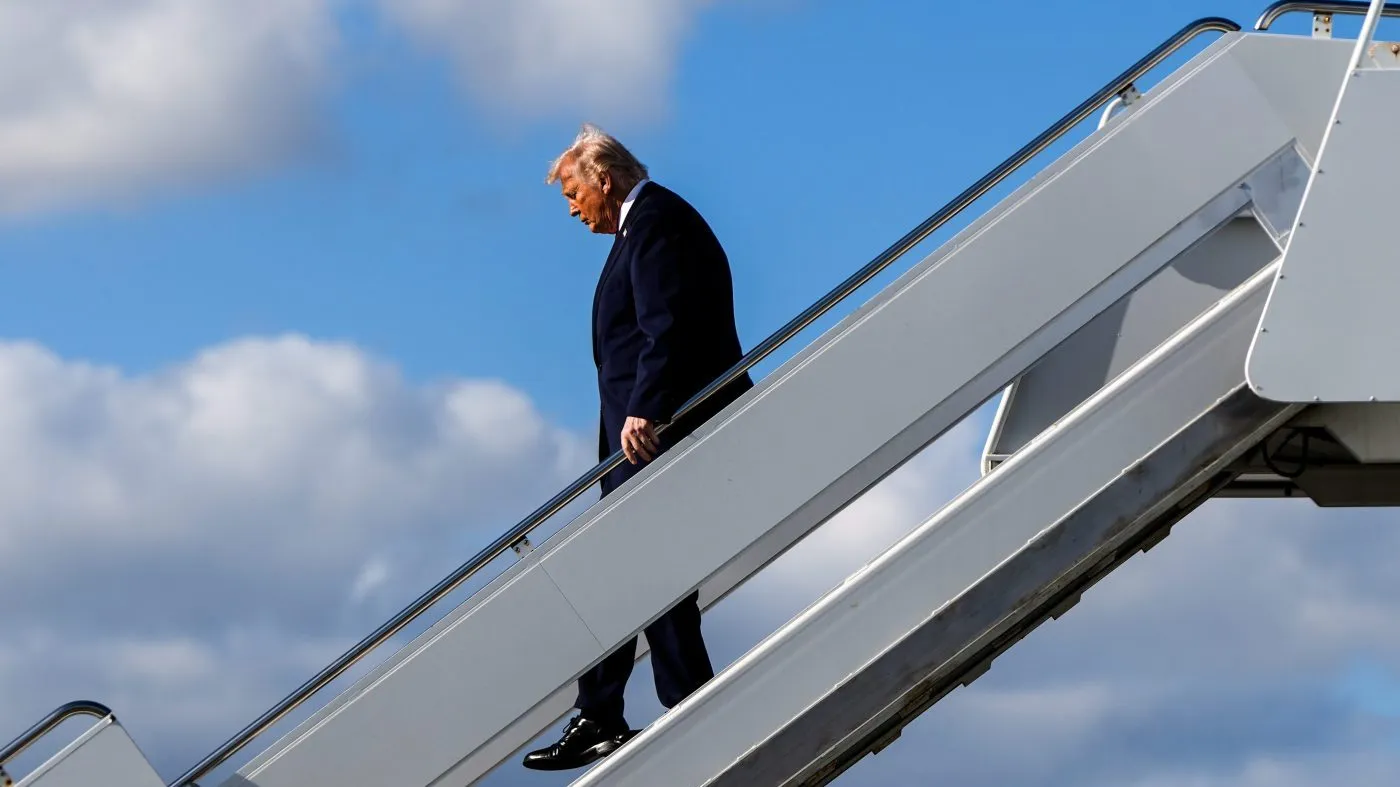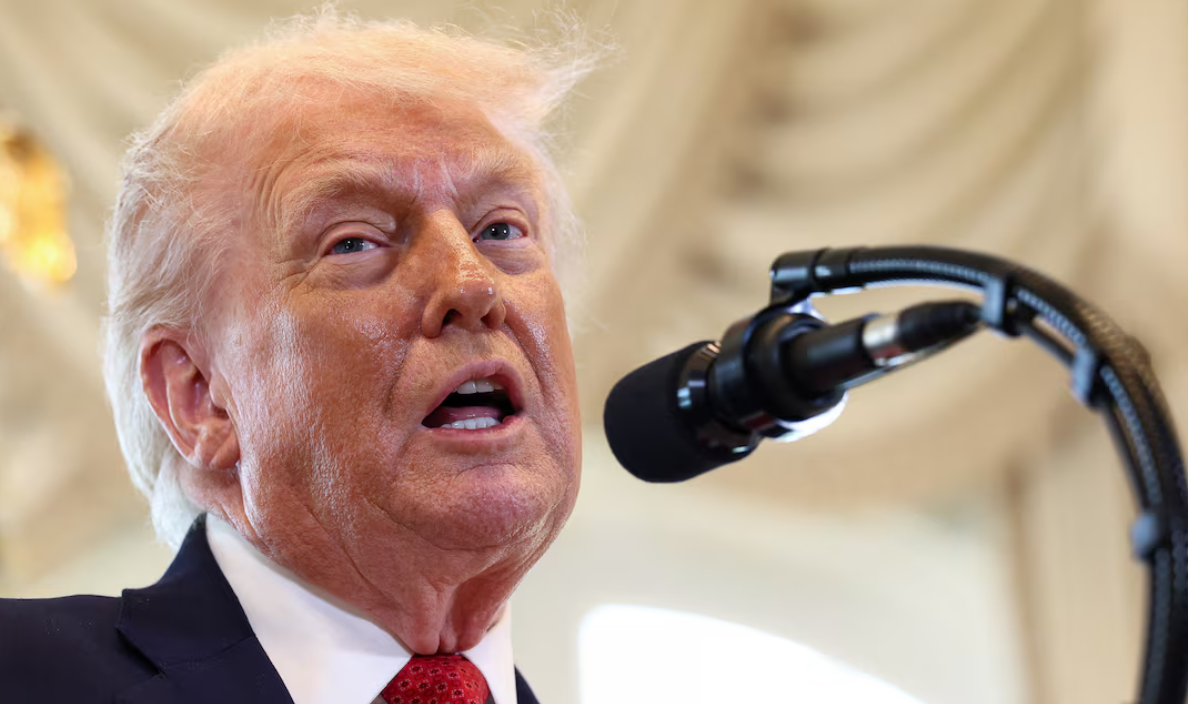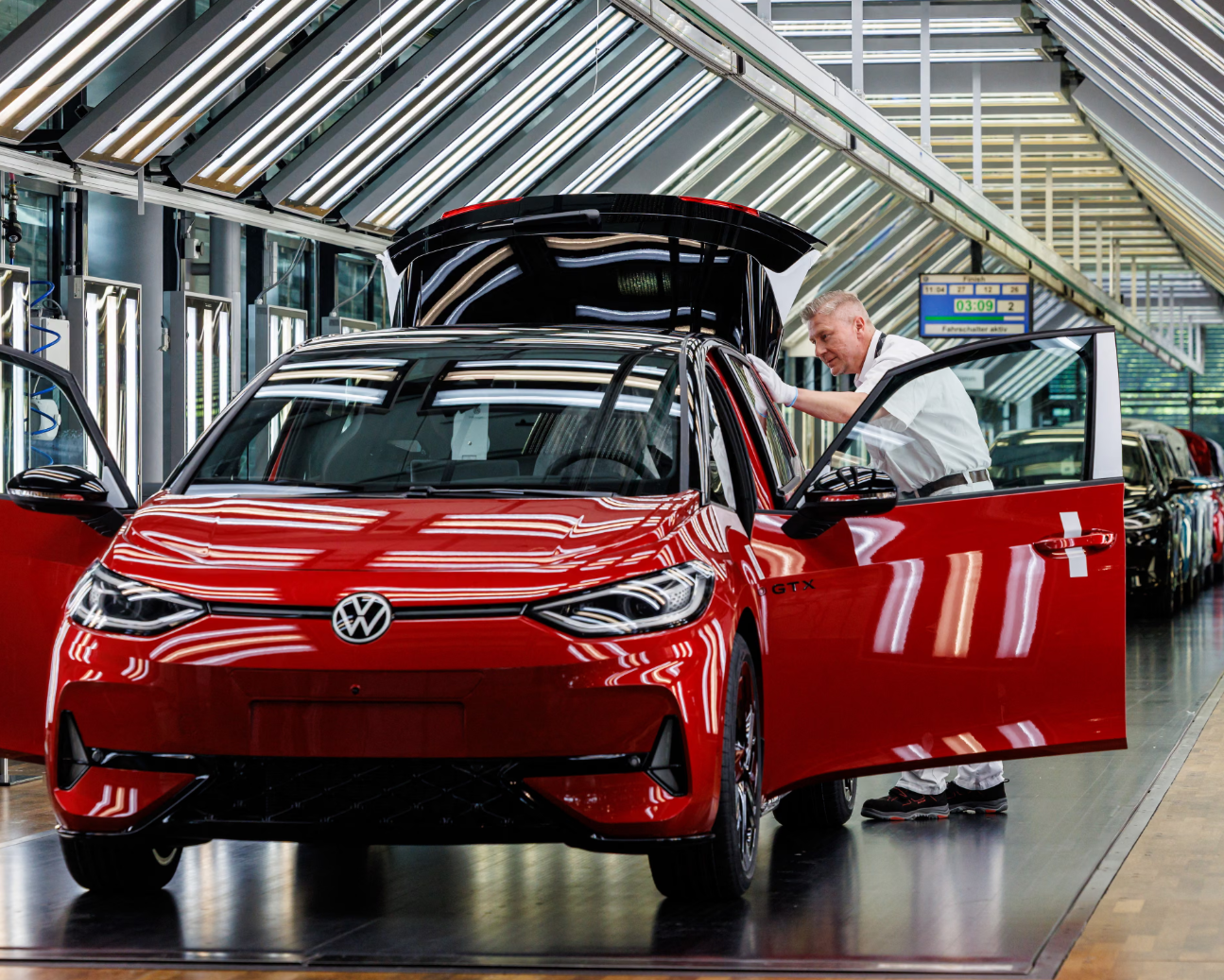Elon Musk‘s attempt to revive his record $56 billion compensation at Tesla Inc. breaks from a pillar of corporate law by raising the specter of deals that never really close and court fights that never truly end.
The billionaire, wielding an unprecedented investor vote, is seeking a redo of the landmark ruling that knocked him off his perch as the world’s wealthiest person. “Tesla’s stockholders have spoken,” Musk and other board members said in a court filing. They called the vote to reinstate Musk’s pay package an example of corporate democracy in action.
The judge who issued the decision indicated at a hearing this month that she’s skeptical of the effort, and there’s a consensus that she’s unlikely to grant the request. But if she were to hold 18 months after trial that investors had retroactively ratified the equity grant to Musk, the novel move could ripple across courtrooms and boardrooms.
A ruling for Musk would spell “a dangerous paradigm shift,” opening the way for corporate governance by mob, according to the shareholder who challenged the compensation deal. “Courts would be subject to vox populi, and stockholders could overturn trial judgments.” It would “dramatically upend settled principles of Delaware law,” retired University of Delaware law professor Charles Elson said in a friend-of-the-court brief.
“It’s never been done before, and there’s a really good reason why,” said Tulane University law professor Ann Lipton. “Every time something is challenged, if you don’t like how it came out at trial, do you just hold another shareholder vote, and then you have to analyze whether that vote was sufficient and proper? How many times do we have to try this case?”
There are reasons to think the impact might be more limited, though, stemming from the “deeply unusual circumstances” posed by Musk’s combination of wealth, influence, and litigiousness, according to University of Michigan law professor Gabriel Rauterberg. It seems unlikely most other corporate leaders would even try to override a court ruling at the shareholder ballot, let alone prevail, Rauterberg said.
What looks like a corporate law problem, in other words, may be an Elon Musk problem.
‘The System Breaks Down’
The twist in the long-running case comes about six months after Chancellor Kathaleen St. J. McCormick, chief judge of Delaware’s Chancery Court, ruled that a Tesla board dominated by Musk shirked its duties in yielding to the clout of its “superstar CEO” when it set his pay in 2018.
The decision in January inspired a barrage of attacks by Musk and Tesla’s retail investors on the elite business court that delivered the ruling. With some worrying publicly about Delaware’s standing as America’s corporate capital, Musk pledged to move the pioneering electric-vehicle maker to Texas, a state seen as friendlier to controlling stockholders.
For months it looked like the only major issue left for McCormick was the fee request by the lawyers leading the litigation, who were asking to be paid in Tesla shares worth about $7 billion. But as the company meeting approached, the plan to reincorporate and the proposal to restore Musk’s compensation began to dominate increasingly acrimonious court filings. Tesla’s investors overwhelmingly approved both proposals in June.
The judge’s apparent reluctance to revise her 200-page ruling reflects concerns about its potential to undermine the integrity of the court, according to Lipton. A central issue in corporate cases involving a shareholder vote is whether investors were given truthful information and the chance to make an uncoerced choice. McCormick signaled she’s leery of tackling those questions from scratch after six years of litigation.
“I understand from a straight-up business perspective, if shareholders want it, shareholders should have it,” Lipton said. “But this process is meant to determine if shareholders really do want it. There has to be some kind of respect for court procedures, or the system breaks down.”
There’s really no legal mechanism for an outright do-over, even if there’s little question Tesla’s investors now favor the pay package, according to Southern Methodist University law professor Carliss Chatman. “The litigation is still about the original vote,” Chatman said. “We can’t just reverse-engineer it.”
Deal Leverage
What happens when a transaction finally lands before a judge is only one concern. The prospect of multiple mulligans could also open a side door around corporate laws that encourage dealmakers to commit to minority shareholder protections up front, said University of Pennsylvania law professor Jill Fisch. That would tilt the scales even further toward powerful insiders during merger or compensation talks, according to Fisch.
“There are lots of situations where shareholders might be kind of over a barrel, and half a loaf is better than none,” she said. “Then if a judge doesn’t find it fair, and you can go back and have another vote—that seems to completely undo the process Delaware law has designed to limit controlling stockholder leverage.”
Mergers and buyouts, in particular, often represent take-it-or-leave-it propositions for minority investors, and the prospect of losing in court can keep insiders honest when they set the terms unilaterally, according to Fisch. If there’s no downside for the dealmakers other than the chance of a redo, they have little incentive to propose a fair transaction in the first place, she said.
But the idea of writing off the pay proposal’s greater than 70% support among shareholders is troubling, said Widener University law professor Lawrence Hamermesh. Tesla’s investors weren’t “so much rejecting the court’s decision as affirming the equity grant with the benefit of 20/20 hindsight,” according to Hamermesh.
“If you think stockholder voting means anything, why would you not give that effect?” he said.
On the other hand, a decision restoring the pay package would risk “destroying the fiduciary duty of loyalty”—the bedrock of corporate law—by giving insiders endless bites at the apple when they betray the companies they lead, according to Elson. “If you don’t like a ruling, you can just ask shareholders to overturn it,” he said.
Musk the Outlier
Loyalty to shareholders is a broad category, though, and not all fiduciary breaches are unforgivable, according to Rauterberg. Approving of Musk’s pay and his outsize role in setting it is a far cry from voting to excuse fraud or looting, and the nature of the breaches at Tesla would likely “limit the precedential impact” of restoring the compensation, he said.
“It’s actually pretty unusual for a loyalty violation to be a colorable candidate for this type of ratification,” Rauterberg said. “Loyalty is sort of a continuum between things that are just about price and process, versus extremely problematic, deviously self-interested or predatory behavior. This feels like it’s on the more innocent end.”
Musk also undeniably represents a special case, according to Chatman. “It’s possible no one else tries this and it never comes up again,” she said.
Chatman pointed to his “cult of personality” among Tesla’s base of retail investors, who have written to McCormick by the thousands urging her to deny the $7 billion fee bid.
“He’s an outlier, but every generation has an outlier,” she said. “There’s always some demagogue with a whole lot of money who tests the checks on our system. What’s even the point of all these rules and processes if Elon can just have his shareholders vote over and over again until he finally ends up getting what he wants?”
The case is Tornetta v. Musk, Del. Ch., No. 2024-0862.




